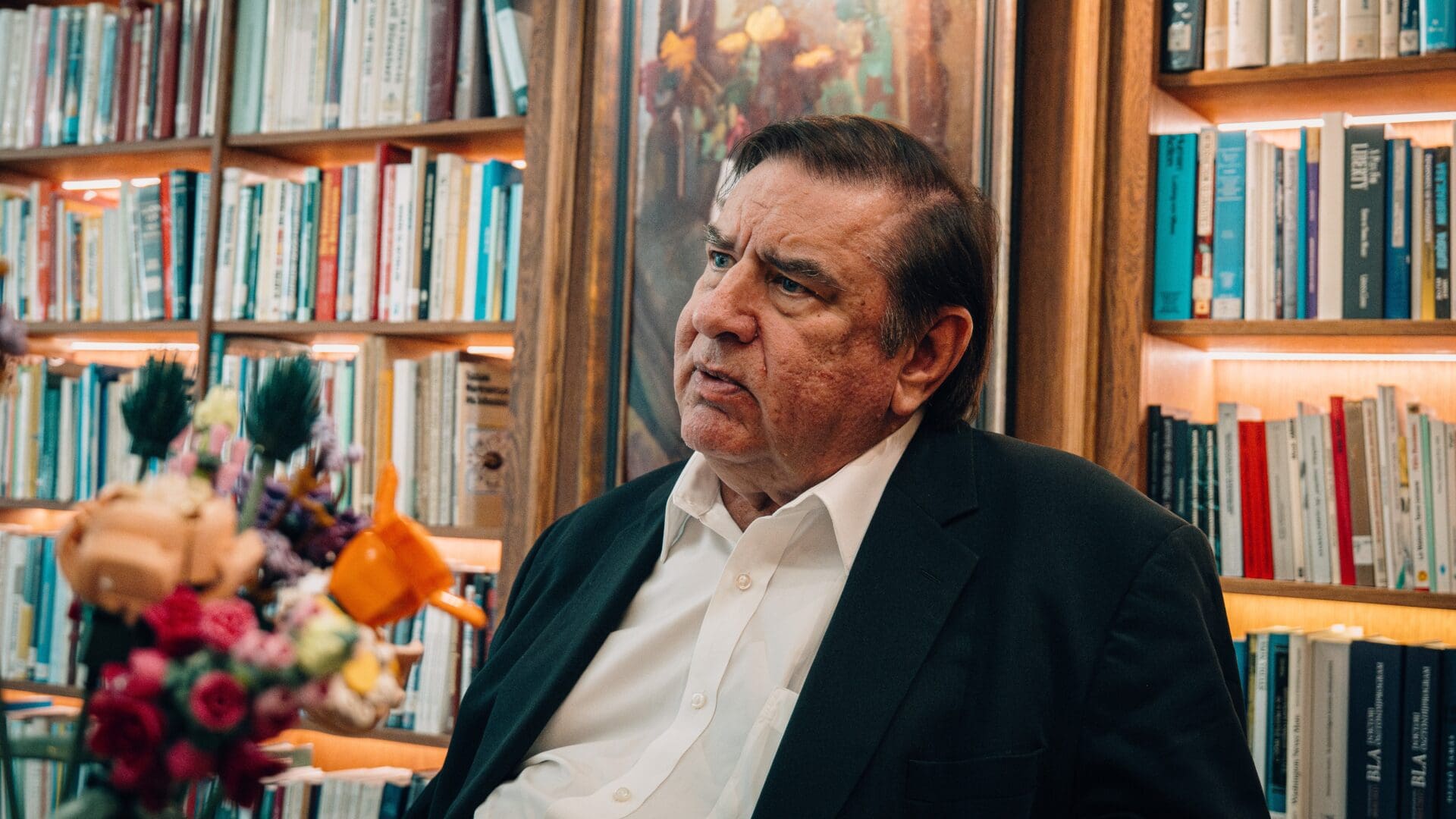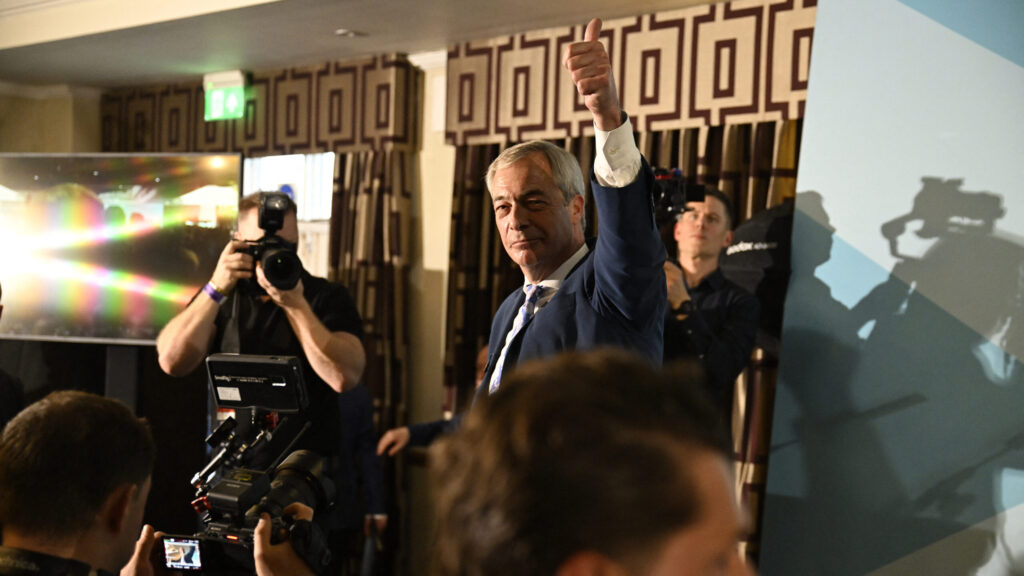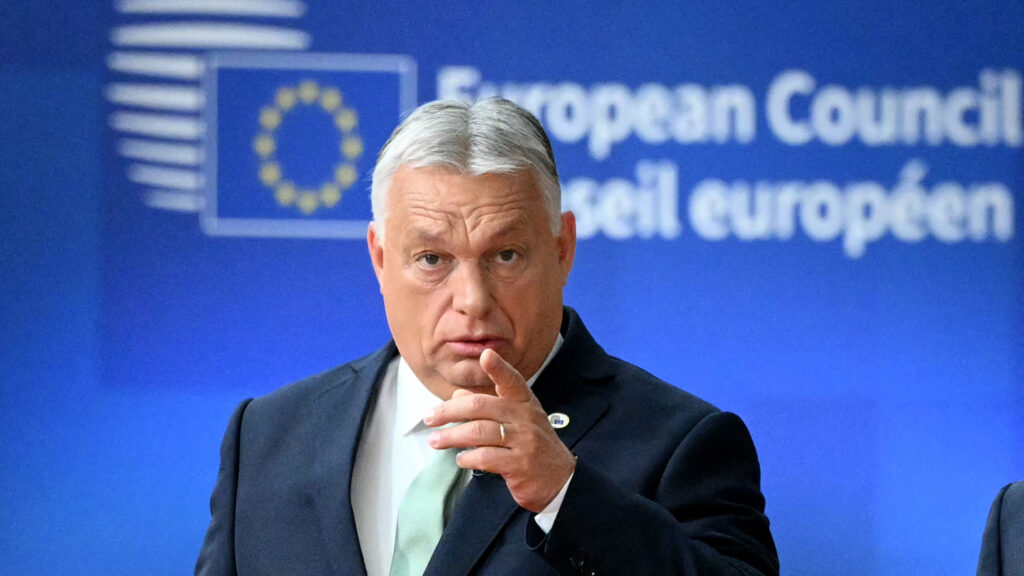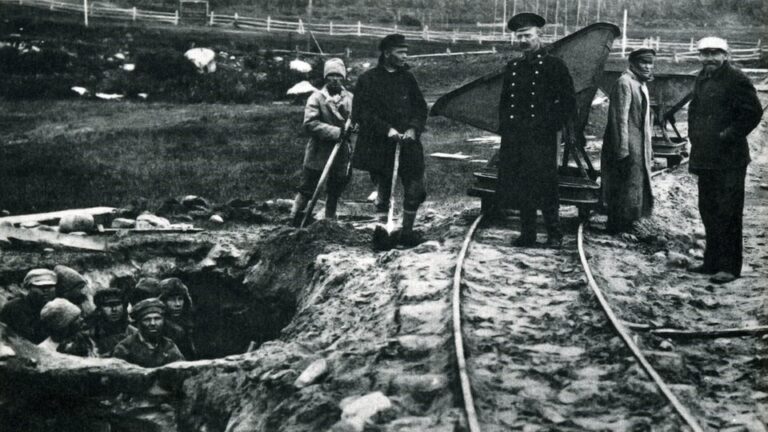James C. Bennett is an American writer, speaker, and consultant who, twenty years ago, penned a book titled The Anglosphere Challenge: Why the English-Speaking Nations Will Lead the Way in the Twenty-First Century that significantly influenced political discourse. It was in this eminent book that he first used the term ‘Anglosphere’ which has since become widely used in both the media and in politics as well. Recently, Bennett visited Hungary at the invitation of the Danube Institute, and while in Budapest, he granted an interview to Hungarian Conservative, discussing the various threats facing the English-speaking world.
***
Before delving deeper, it’s essential to clarify the concept of the Anglosphere as outlined in your influential book, The Anglosphere Challenge: Why the English-Speaking Nations Will Lead the Way in the Twenty-First Century, published exactly two decades ago.
Well, I defined it in the book in one way, as it came into use in general, and then the press defined it in a slightly different way. I still prefer the way I did it, but we also have to acknowledge the evolution. So in my sense, what I was saying in the book was that the effects of cyberspace of the electronic age, one of which was to lower the transaction costs of people communicating and interacting all around the world. I noticed that the links of the Internet and other modern communication advances made it possible for people in any one English-speaking country to communicate as readily with people and all the others as they do within their own national space.
Before 1995 or 2000, there was a British press, there was an American press, and quite often, people in one country knew almost nothing about what was being said in the other. And gradually, as all things went online, as people found them, then they became more informed as to what was being said outside of their country, but particularly in countries that also used the English language. For instance, this affected American politics almost immediately because the American press, their coverage of the White House and American politics was very much influenced by the White House’s ability to invite or not invite reporters to the press conferences or to give the interviews with the officials. So the
American media tended to moderate their criticism and coverage of embarrassing things
in order to continue to get access to the White House and to the officials. Whereas the British press didn’t have to worry about this. So in the end of the 90s, the Clinton White House had a lot of problems with scandals and revelations about the personal and financial dealings of the Clintons. The American press pretty much downplayed this and limited the amount of discussion on it. The British press had a field day. They loved it. All of a sudden, Americans were able to just link to The Telegraph or The Daily Mail and get a detailed, well-written account of these affairs. And since then, there’s really like one political commentary space in the whole English-speaking world.
So the sum total of the media, the connections, the organizations, the intergovernmental bodies, etc., form a kind of a web, which is global in reach, but primarily focusing on the English speaking countries. And I call that the Anglosphere. It is the global community communicating in English about the appearance of the English-speaking world.
The main conclusion of your book suggests that the Anglosphere will take the lead in the 21st century, with its constituent nations becoming dominant players in global geopolitics. Do you still hold this to be true?
I could always qualify it a little more, but I think, in general, it is true. One of the problems with the Anglosphere is that we have these occasional bouts of hysteria. It’s a sort of psychosexual, cultural, religious frenzy. In history, it’s been marked by things like the plague of witchcraft accusation. You had hysterical religions take fire and then kind of burn out over time.
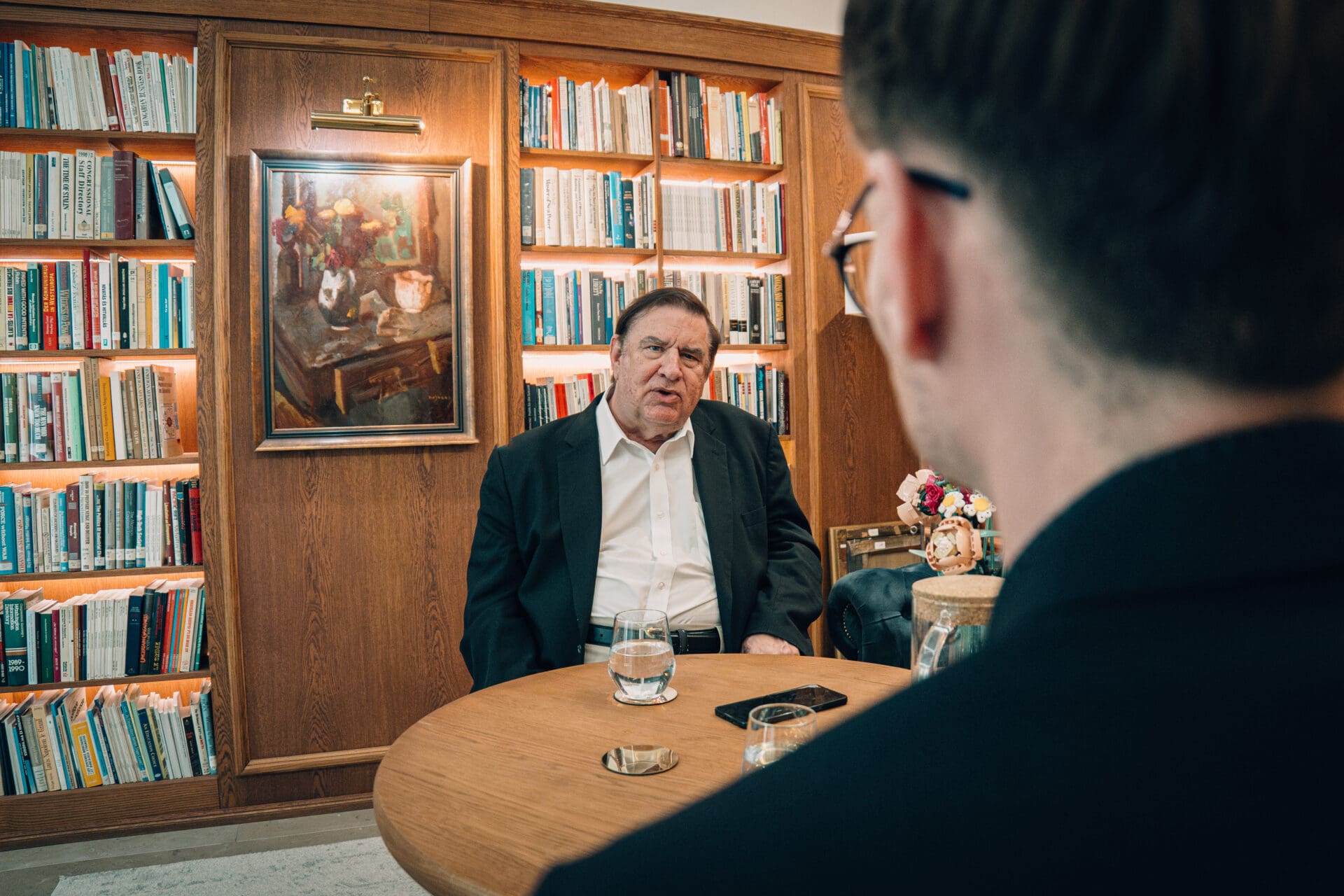
I think the so-called woke phenomenon is just like that. It was generated in the Anglosphere. It’s kind of a deformed Calvinism, about a sinful mankind, and now the sins are racism, patriarchy; it’s heterosexuality, and so on. We have witch hunters going around, accusing people of transgressing. I think
we’re in the middle of one of these plagues right now.
Hopefully we are emerging from it, but it’s not clear yet. Historically these fires have only run about twenty to thirty years before they burned out. So we may be getting close to burn out time. That has held the Anglosphere back in terms of political influence on the globe. There are people that are saying: ‘Well, that’s the Anglosphere. I don’t want it.’ I can’t blame them.
As you mentioned, the woke phenomenon originated within the Anglosphere. Do you believe it could spread to countries outside this sphere?
It’s influencing people beyond the Anglosphere, but I haven’t seen it in equally extreme forms. I think probably Germany and Scandinavia also have a good deal of it. On the continent (in Europe – ed.) I think it’s more the green anti-technology side of the phenomenon. The psychosexual side, the green side, and the political left, the red side are all linked to the phenomenon. Usually you will find that the person who is anti-nuclear is also pro-transsexual, and a socialist; often you have to have all of those and probably be a vegan, too.
Some countries being more in one direction of those and others in another, but in the Germanic and Scandinavian world we have a good deal of that and it may be even more of a problem in Germany if you count the anti-nuclear society. Which of course had a lot of KGB and FSB support, which I believe is also the case with a lot of the problems caused in America and the Anglosphere.
What, in your view, constitutes the most significant threat to the Anglosphere?
I think that it’s spiritual. The lack of belief in the national idea of coherence, the American story or the British story, all of these, this ridiculous idea of postcolonial guilt over things that happened hundreds of years ago that we should feel guilty about. On my father’s side, we discovered a legacy tied to slavery. My mother’s side, they were peasants in Italy and they were living in the hilltops because African slave traders would come, capture them and take them back to Algeria. I don’t feel any guilt about that at all. So the whole idea of inherited guilt is pretty ridiculous. Because of this you’re loosening the ties that connect people. And you’re combining that with social media, which is also isolating to people. I see it in my own son. Kids today don’t have the kind of direct face to face interpersonal ties to the same degree of strength that I had by default growing up. I don’t know where that’s going to take our society, will it just keep going on in that fashion, or whether some new phenomenon will counteract it, but I’m not sure what that would be. That’s a problem I don’t have the solution for.
Read more interviews on Hungarian Conservative:

